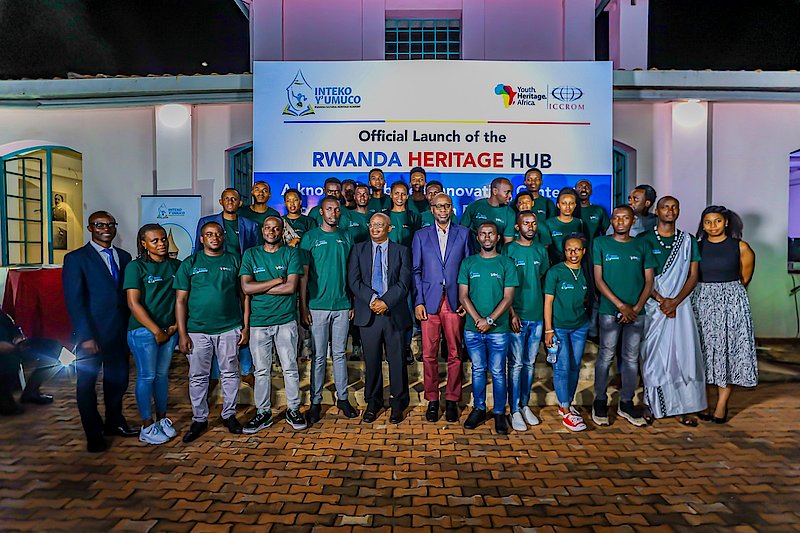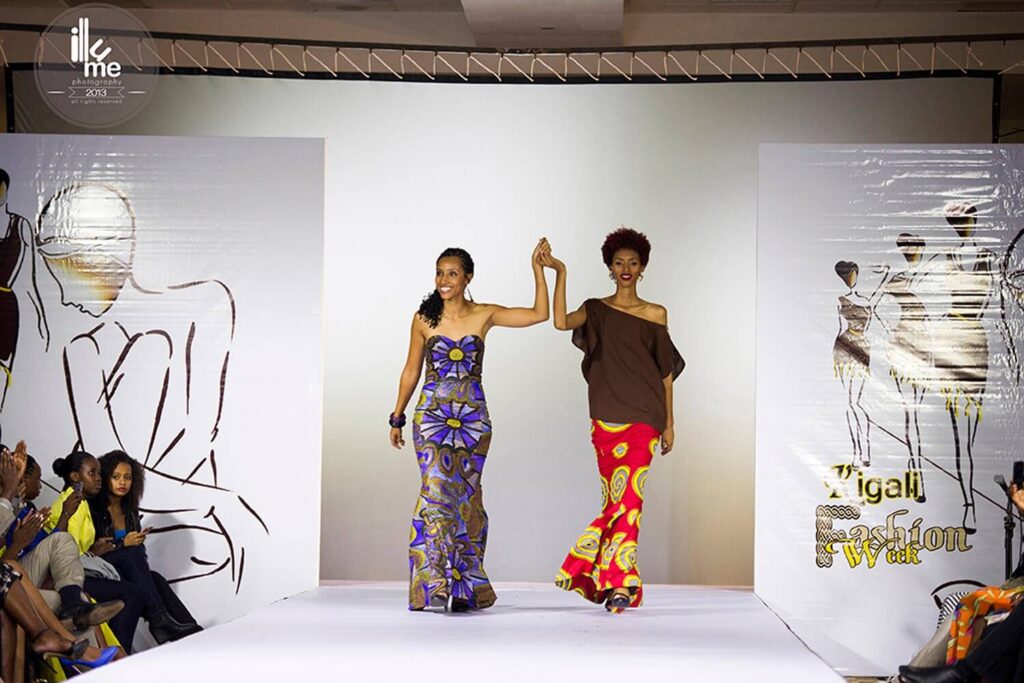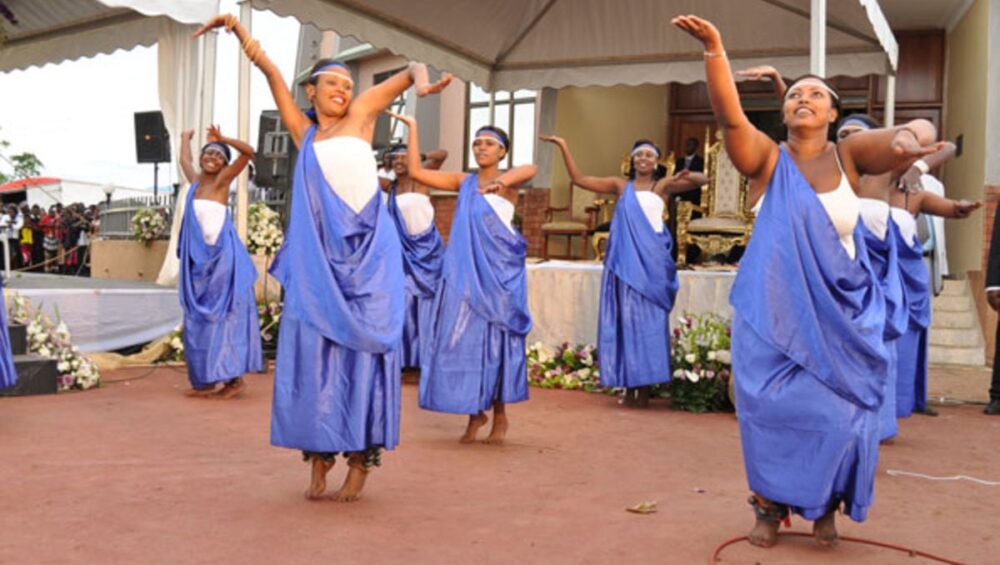Culture And Heritage In Rwanda
Culture and Heritage In Rwanda: One of the travel locations with a lot of cultural diversity to offer is Rwanda. Strong cultural tourism exists in Rwanda, which has been made possible by the locals who provide the experiences. Rwanda’s culture and heritage industry can be broadly classified into three categories: festivals and events, museums and art galleries, and fashion and style.

In terms of what they have to offer tourists that are interested in this, each of these categories has a significant amount of Rwanda‘s culture and legacy. Over time, Rwandans have assimilated into Western society and combined their sense of style and fashion. Rwandan designers have become accustomed to creating clothing that blends western and indigenous styles. The Rwandan fashion designers, who are always on top of the latest trends, have done a great job with this. Their creations are renowned for their ability to capture the rich sense of style found in Rwandan embroidery and beadwork. Through fashion events at Kigali Fashion Week and Rwanda Cultural Fashion Week, which are conducted yearly for an entire week and feature many Rwandan designers on numerous worldwide platforms, Rwanda showcases its designs and styles to the globe.
Rwanda also collaborated with Arsenal, a well-known soccer team whose jerseys read “Visit Rwanda.” A few players from the team were asked to make a few pieces utilizing accessories from top Rwandan designers. You can even create your own unique costume at any of the designer stores while on your Rwanda safari. To name a few, you should keep an eye out for Haute Baso, Rwandan apparel, Moshions, Inzuki designs, House of Tayo, K’tsobe, and Uzi collections in the fashion business.

Various festivals and events have been organized to showcase Rwandan culture, such as the well-known Kwita Izina baby gorilla naming ritual that takes place at Volcanoes National Park to encourage conservation efforts in the area. Participants in this event participate in a week-long program of activities that align with the mountain gorillas, getting to know the rangers and several local tourist stakeholders.
In addition, there is the Rwanda Film Festival, which has been showcasing films from all over the world, including Africa, every July for ten years. It began in 2011 and has grown to be the largest music festival in the nation. Kigali Up is a music festival that brings music from all over the world to the Kigali stage. Although a mobile cinema is made up to travel to different towns and villages, this event takes place in Kigali.
The cultural villages spread around the nation, such as the one in Kigali, are another important part of Rwanda’s culture and legacy. These villages serve as exhibition spaces for local producers to display their goods, including food items and artifacts, and they also serve as marketplaces for tourists. In addition to the everyday display of Rwandan culture and heritage, this Rwanda Cultural Village hosts other workshops, gatherings, and festivals.
Rwanda is a small country with a large variety of cultural and heritage establishments, including museums and art galleries. The Institute of National institutions of Rwanda consist of six institutions. Each of these museums offers a unique perspective on history. Some of the most valuable and ancient items from former times can be found in these museums in Rwanda.

The most popular museums include the Butare museum, located in Butare town on the way between Kigali and Nyungwe Forest National Park, and the Kigali Genocide Memorial, which is home to 250,000 victims of the 1994 Rwandan Genocide. The other museums are the King’s Palace, which is accessible from Kigali to the Nyungwe Forest National Park, the Ethnographic Museum (formerly known as the National Museum), the Rwanda Art Museum, which features a display of both modern and Rwandan artwork, the Kand’t House Museum, which focuses on displaying both the old and new Rwanda under colonial rule, and the Museum of the Environment, which is located near Lake Kivu and whose main goal is the conservation and protection of the environment and its natural resources.
Make sure to include visits to Rwandan cultural centers in your safari experience to gain a deeper understanding of the customs, beliefs, and way of life of the native Rwandan people. When visiting Rwanda‘s Volcanoes National Park, stop by the Iby’iwachu Cultural Center to witness the performers of the Intore dance, a traditional dance performed by the Rwandan people. Don traditional Rwandan clothing, known as omushanana. You will also come across several images of the old Rwandan people, both men and women alike, sporting the Amasunzu, a traditional hairstyle. Take note of the local handicrafts that are available for purchase as souvenoir at the Kimironko market.
Every last Saturday of the month, the people of Rwanda gather for a celebration known as the Umuganda, where they labor together to improve their nation, clean up as a nation, and sweep the streets. This event is done philanthropically. This celebration involves closing all stores, stopping public transportation, and postponing personal errands. It’s a wonderful idea, considering Rwanda has been named the cleanest country in Africa.
Let us help you incorporate the cultural and historical aspects of your vacation when you book your tour with us.



